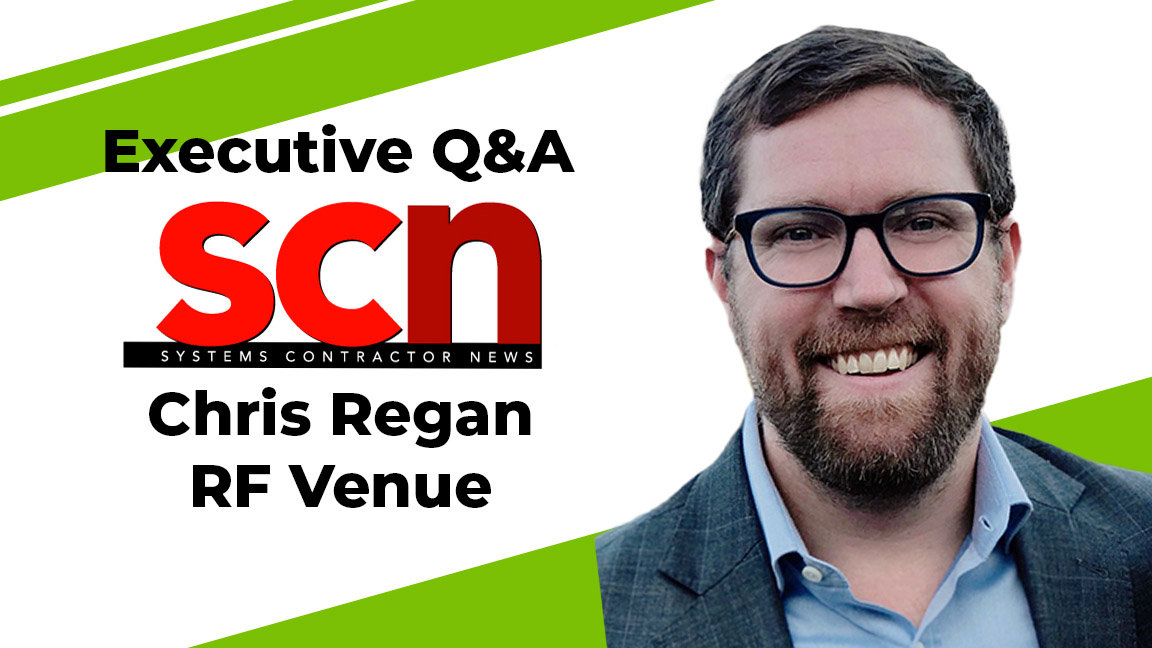When Partners Don't Perform
Follow us
Add us as a preferred source on Google
Get the AVNetwork Newsletter
A daily selection of features, industry news, and analysis for AV/IT professionals. Sign up below.
By submitting your information you agree to the Terms & Conditions and Privacy Policy and are aged 16 or over.
You are now subscribed
Your newsletter sign-up was successful
An account already exists for this email address, please log in.
Subscribe to our newsletter
- Whether your partner works above, below, or at an equal level with you, the question is always the same: what do you do when they don't perform to expectations? It's a surprisingly common dilemma in our world of higher demands.
- It could be something as simple as having do more work than originally envisioned, a partner not delivering the necessary goods on time, or a subcontractor ignoring very specific direction. It could be a client not paying in a timely manner, a manufacturer delivering product late, or an owner changing their mind months into the project cycle. It may be just be sheer incompetence or even forgetfulness.
- Business deals and relationships go south for reasons having nothing to do with your performance or abilities even with signed, sealed, and committed contracts. They can go especially bad when some of those seven deadly sins show up, especially greed.
- As is the case in every industry, we have our fill of bizarre occurrences and nefarious characters. Work in this business long enough and you'll see investors and clients die at inopportune times, mental breakdowns, and the usual permutations of drunkards, addicts, cheats, and liars. The bottom line is that this will always cost you money and time to resolve.
- This kind of behavior doesn't just happen at low levels either-it goes all the way through from the bottom to the top. One of our favorite firms was recently yanked through the ringer by a Wall Street speculation house. The market got spooked and rather than admit it, they tried to claim the company was damaged goods in order to back out of the deal, costing hundreds of millions in cap value in the short run (reference two paragraphs above).
- The best advice I can give you is to sharpen your political acumen and develop a long-term relationship with a great attorney. I'm going to discuss developing your political acumen in an upcoming column and focus on the legal aspects here.
- Make sure every transaction is contracted well before you start the project. All too often you are forced to sign a contract at the last minute so you can start work when little time or thought is given to negotiating oppressive provisions. You may end up agreeing to the terms just to get started just so that you can get your first progress payment.
- What to look out for:
- - You aren't getting paid
- - Lack of cooperation
- - The project is behind schedule and they say it is your fault
- - Scope changes
- - Inadequate plans
- - Communication breakdowns
- - Everything seems to be going wrong
- - Monetary losses
- Risks that you do not have control over are the most dangerous. An experienced construction attorney can help assert your rights as well as limit the amount of work you have to perform without getting paid in the interim when an issue arises.
- Your attorney should be involved before you sign a contract, as issues arise, and when there is a potential impact an action may have on your business. A good contract should always be profitable during each project phase to your firm. It will identify physical and financial risks, as well as define responsibilities when things go wrong. A good lawyer will sort out unfair terms, unrealistic conditions, and violations of state law.
- One can't help but think that the legal complexities of our business are only going to get more complicated over time. Coupled with our typical position in an overall project schedule and the lack of enforceable building standards for AV systems, this means that we will continue to be at the low end of the totem pole in project priorities. Eventually performance requirements will be codified and enforced, but they aren't today.
- Our industry has progressed far beyond the days of doing business on a handshake. The long-term survival of your company is dependent on making sure you are well protected financially and legally during the entire design and installation process. However sad a reflection on our society, having a good attorney on your side at all times is a key ingredient to long-term success.
scn Newsletter
A daily selection of the top stories for AV integrators, resellers and consultants. Sign up below.
TOPICS
